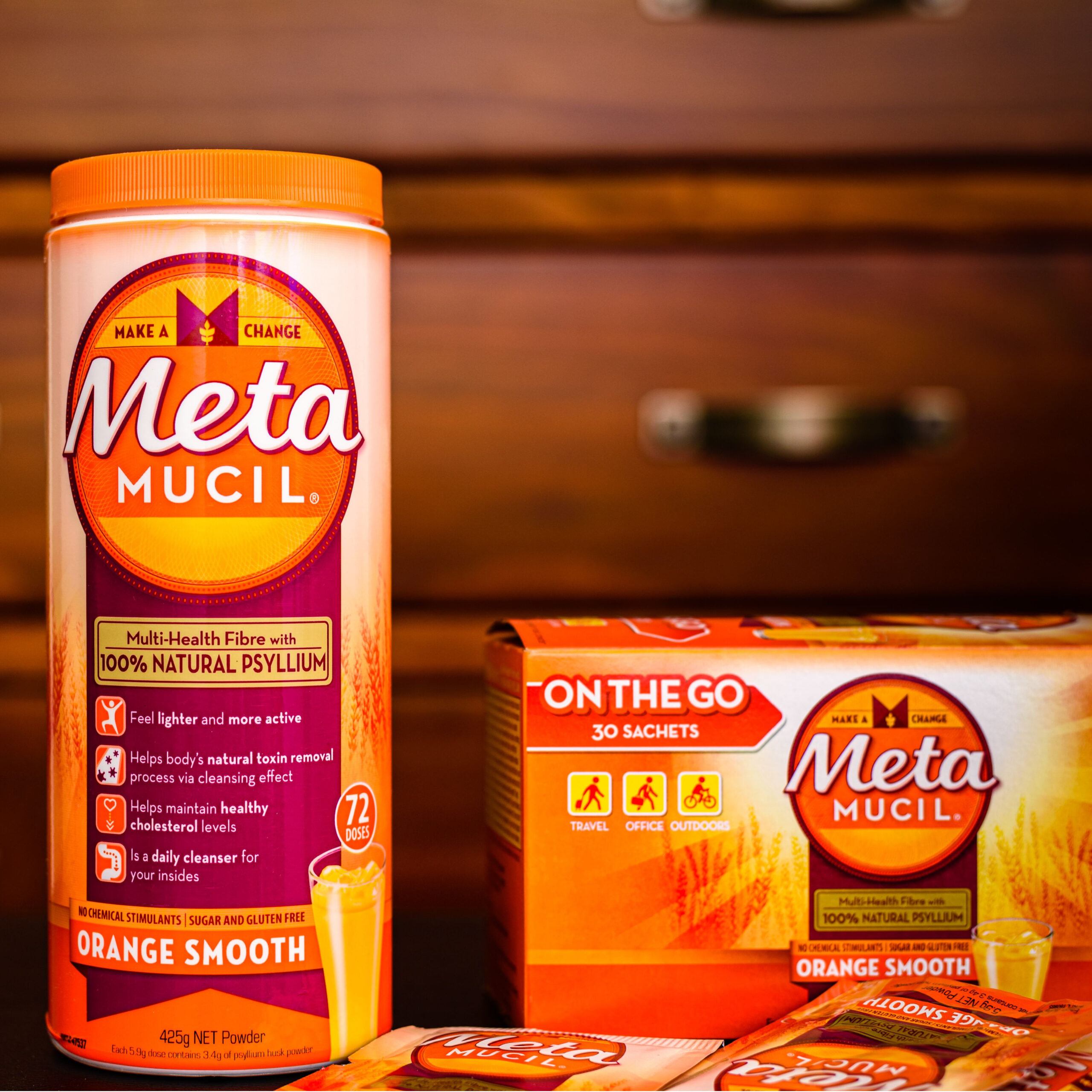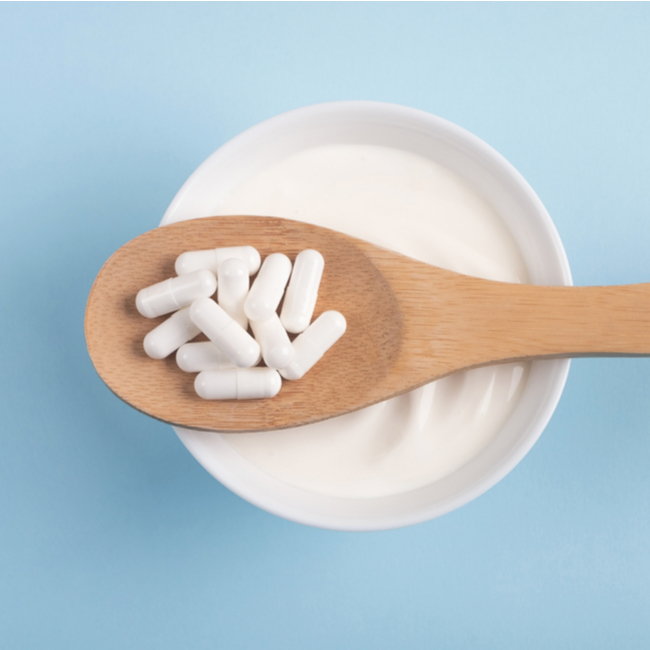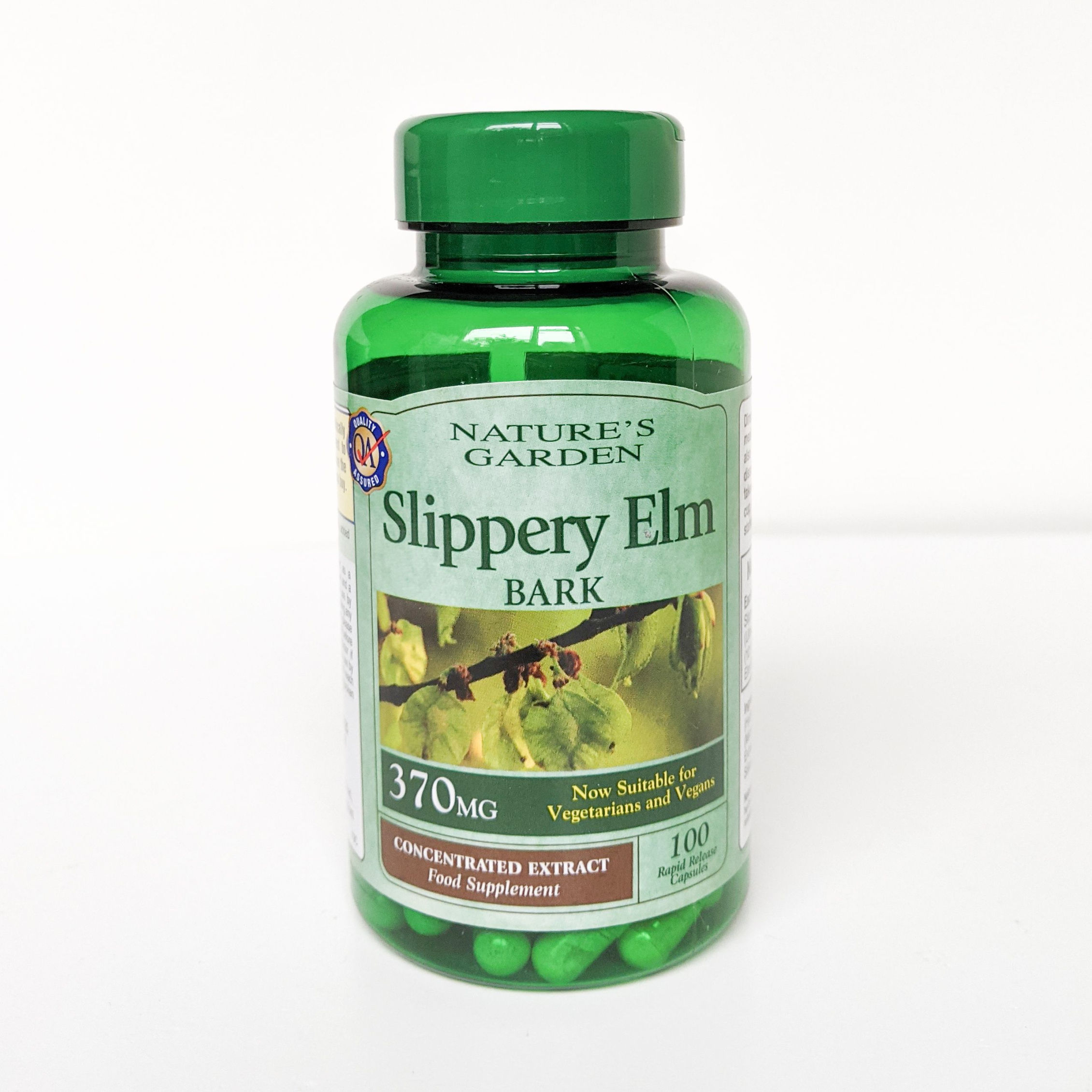Your gut health plays an important role in practically every aspect of your overall wellbeing, from your digestion to your mental health. Luckily, there are several things you can do in order to keep your gut healthy—and that includes taking certain supplements meant to restore balance in your gut microbiome. However, not all supplements are created equal. In fact, some may be practically useless in the long run.
To shed some light on a few gut supplements that might be better off left on the shelf, we spoke to Catherine Gervacio, Registered Dietician and nutrition writer for Living.Fit. “Gut supplements are made to improve or maintain the function of the digestive system so there’s no way to tell if a certain supplement is ineffective or not,” she tells us. “These supplements should not be treated as medicine because they don’t promise any therapeutic claim. That’s why its effectiveness varies from one person to another. depending on how their gut responds to the ingredients added to the supplement.” That being said, she told us that colon cleansers, certain probiotics supplements, and slippery elm bark may all render ineffective for many people. Learn more about why you may want to skip these supplements below.


1. Colon cleansers
Colon cleansers are supplements that claim to detoxify your colon in order promote regular bowel movements. However Gervacio tells us that "there is limited scientific evidence to support their effectiveness," which means they may not be worth your money.
"Instead, it's better to focus on a high-fiber diet, stay hydrated, and engage in regular physical activity to support healthy digestion," she recommends. Got it!

2. Probiotic supplements with limited strains
If you choose the right kind, taking probiotic supplements can be one great way to improve your gut health and promote overall wellness. However, Gervacio warns that "some probiotic supplements may contain only a few strains of bacteria, which may not provide comprehensive gut health benefits."
To make sure you're buying an effective probiotic, she offers some advice: "It's recommended to choose a probiotic supplement that offers a diverse range of bacterial strains and has been tested for its effectiveness." It's also worth noting that simply adding probiotic-rich foods to your diet is another great way to go. "Consuming fermented foods like yogurt, sauerkraut, and kimchi can be a natural way to introduce beneficial bacteria to the gut," she says.

3. Slippery elm bark
Slippery elm bark is a natural supplement that has been traditionally used to soothe gastrointestinal symptoms like heartburn and diarrhea, as Gervacio explains. However, just like colon cleansers, she tells us that "there is limited scientific evidence to support their effectiveness," so taking this supplement might not end up doing very much to improve your gut health.
Ultimately, as we've stated before, you're better off prioritizing a balanced diet and implementing daily healthy habits if you want to see real, lasting improvement.


























